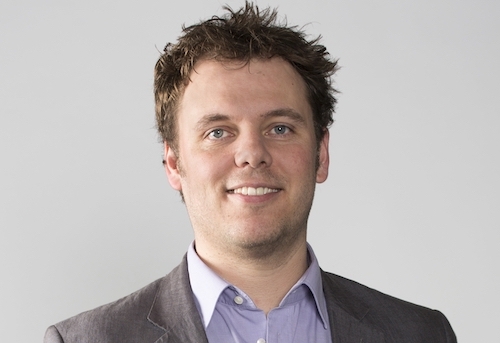
We had the possibility to talk to Victor de Boer, about the preparations and expectations for this year's SEMANTICS EU conference.
Thomas: SEMANTiCS is now for the second time in Amsterdam. Looking back to the years between 2017 and today, what has changed since then??
Victor: When the SEMANTiCS conference came to Amsterdam for the first time three years ago, the community around semantic technology and linked data were already quite substantial and we were happy to welcome a wide variety of participants from academia, government agencies and companies. In the past three years, we have seen this interest only grow. Knowledge graphs are now everywhere and the adoption of FAIR principles has many people looking to these technologies to model and publish datasets. At the same time, we see that commercial companies that offer support for these technologies are starting up here in the Netherlands and its neighborhood. Of course, we also have seen the stellar success of new forms of Machine Learning and Artificial Intelligence, which form a very powerful combination with knowledge graphs. It was, therefore, time that SEMANTiCS came back to Amsterdam!
Thomas: The Netherlands - and Amsterdam especially - have become a sort of European AI hotspot with a strong legacy in Linked Data and Semantic Technologies. Can you tell us about the local eco-system?
Victor: Amsterdam houses the Semantic Web group at Vrije Universiteit Amsterdam, which has been one of the leading research groups in semantic web and knowledge representation research. On the other end of the city, our colleagues at UvA also have strong AI groups, in Machine Learning and Data Science. The Amsterdam Data Science network brings us -and The Centrum Wiskunde & Informatica- together around a wide variety of data science and AI topics, collaborating with business partners in and around Amsterdam. Next to this, recently the Innovation Center for Artificial Intelligence (ICAI) is a national initiative focused on joint technology development between academia, industry and government in the area of artificial intelligence. A number of ICAI labs are housed in Amsterdam including the AirLab, Elsevier Lab and AIMLab. These initiatives show that in the Netherlands and Amsterdam, cutting edge Artificial Intelligence is being developed in close collaboration with industry and other stakeholders.
Thomas: You are this year’s conference chair. What can we expect? Where is the journey going?
Victor: For this year, we hope to surpass the success of the previous edition. We will have exciting keynote speakers and a variety of sessions, combining cutting edge research with industry use cases. We will have three special tracks focusing on semantics and legal technologies, blockchain and digital humanities and special events related to geographical and government data. I am confident that in September, we can bring together people from different backgrounds to really connect around this topic in a creative and pleasant atmosphere. I hope to see you all there!
Victor de Boer is an assistant professor (UD) at the User-Centric Data Science group at the Computer Science department of the Vrije Universiteit Amsterdam (VU). He also is senior research fellow at Netherlands Institute for Sound and Vision. In his research, he combine (Semantic) Web technologies with Human-Computer Interaction, Knowledge Representation and Information Extraction to tackle research challenges in various domains. These include Cultural Heritage, Digital Humanities and ICT for Development (ICT4D). More information on these projects can be found in his CV .